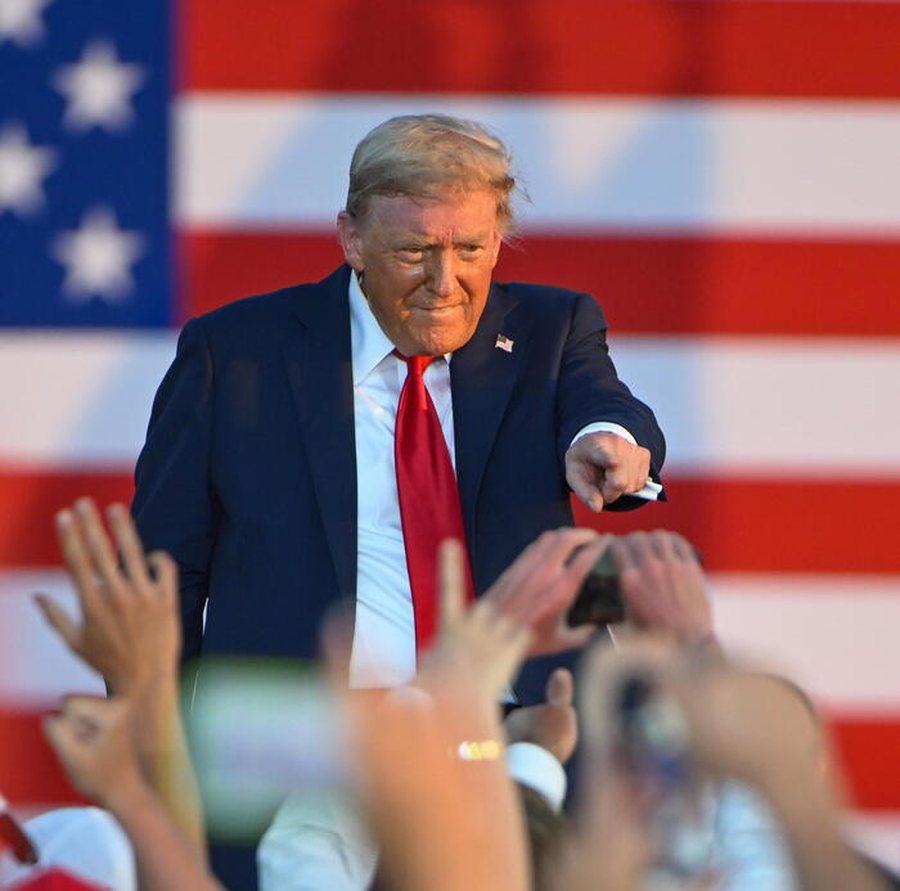
"I haven't made any progress on Ukraine with Putin," US President Donald Trump said before leaving for Iowa. The US president told Vladimir Putin that he was "not happy" with the situation in Ukraine and denied that he had stopped arms supplies to Ukraine.
"We have given and continue to do so, but we must make sure we have enough for ourselves," the tycoon stressed.
The phone call between Donald Trump and Vladimir Putin came after the US president announced a ban on arms shipments to Kiev.
The two agreed that negotiations would continue. However, Putin warned: "We will not give up on our objectives, we must eliminate the root causes of the conflict." In the call, which lasted almost an hour, during which the Iran and Middle East files were also addressed "in depth."
Meanwhile, the Ukrainian president arrived in Aarhus immediately after lunch between the Commission and the Danish government and immediately took stock with Prime Minister Mette Frederiksen, Ursula von der Leyen and European Council President Antonio Costa. All of them assured the Ukrainian that Europe's support will not have psychological consequences from a possible American breakthrough in the arms delivery. Von der Leyen invited the member states to activate SAFE, the instrument designed for joint projects in European defense. Projects in which Kiev will have the right to participate fully.
"SAFE also serves to protect Ukraine," she stressed, at a joint press conference held in the garden of Marselisborg Castle. Copenhagen, for its part, has certified that it will be a pioneer in an initiative that could gain ground in the coming months: allowing Ukrainian companies to produce weapons in individual EU countries.
However, it was Zelensky himself who admitted that this would not be enough. "We count on the continued support of the United States, because they have certain means that Europe does not have, such as Patriot missiles," the Ukrainian president explained a few hours after the important phone call with Trump.
The EU's efforts are visible in the Ukraine accession dossier. The Hungarian veto risks blocking the process as long as Viktor Orban is in power, but the Danish presidency is leaning heavily on enlargement towards Ukraine. (A2 Televizion)











